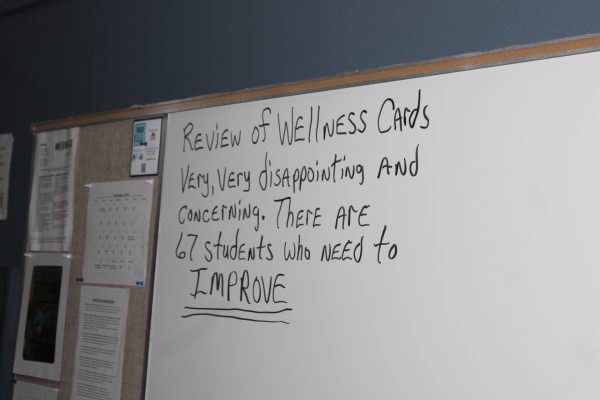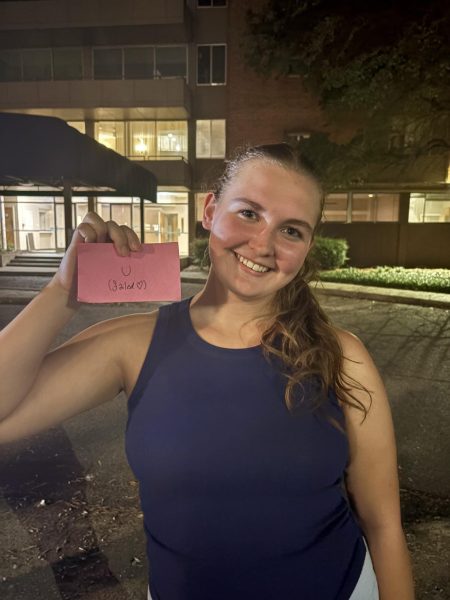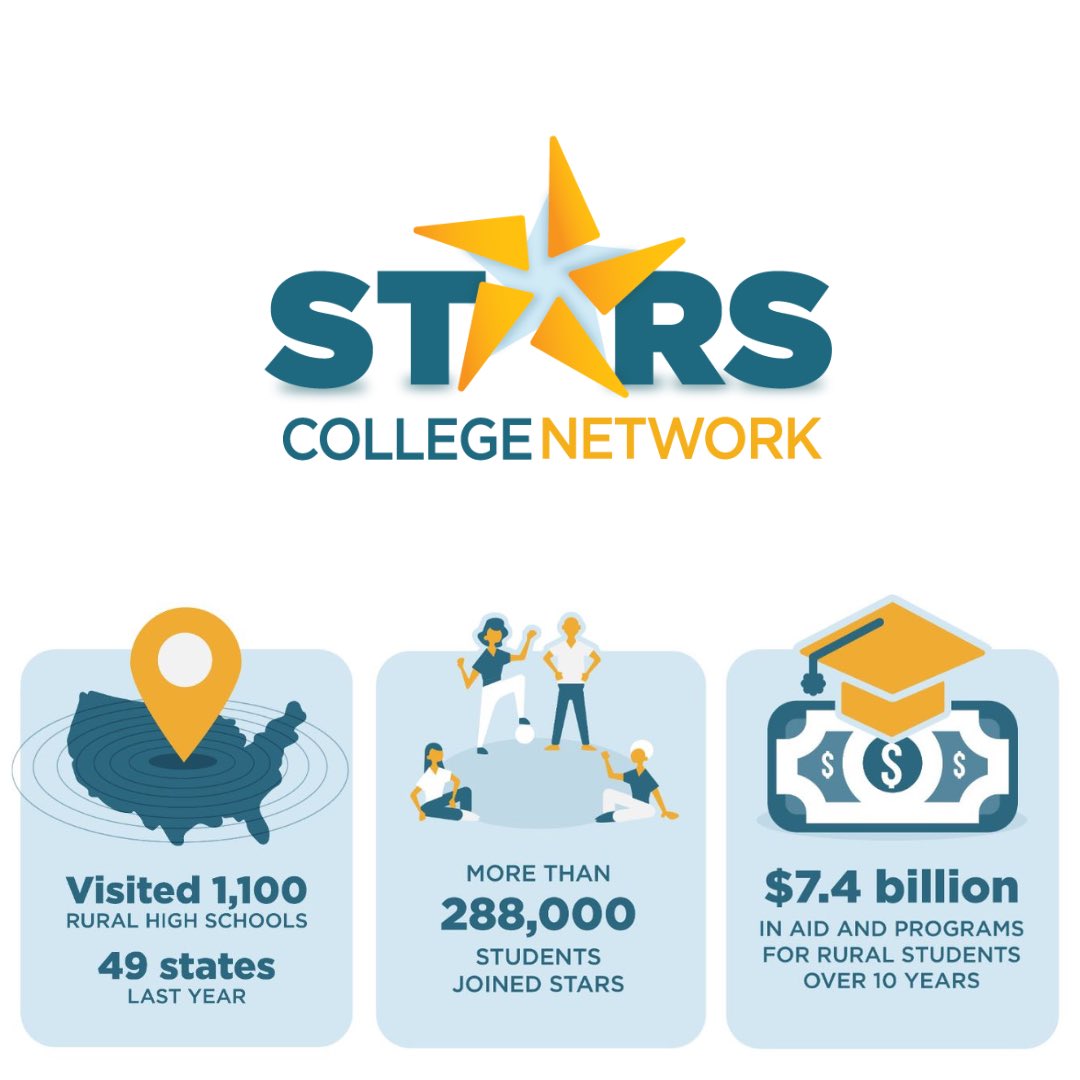Students were left feeling unsure of wellness policies when on the night of Sept. 22, Frazer Assistant Hall Director Thomas Robinson, in his new role as wellness coordinator, held mandatory wellness check-in meetings outside Frazer Hall for students after finding inadequate results in his check of students’ wellness.
After the meetings, Director for Student Affairs Stacey Holmes and Director for Academic Affairs Thomas Easterling addressed the confusion with the new wellness assessment techniques. Robinson’s changes were explained to be either non-implemented or partially implemented for dual-verification.

Wellness is a required MSMS program graded on a combination of wellness hours — time spent doing physical activity — and wellness seminars — events with the purpose of improving student health, oftentimes mental health. Students are graded every nine weeks, receiving grades of unsatisfactory, satisfactory or outstanding. An unsatisfactory grade is considered failing. Robinson’s check-in meetings happened two weeks prior to the wellness deadline.
Robinson held two meetings for Goen — one for juniors and one for seniors — and one meeting for all Frazer residents.
He began each meeting with wellness statistics for the student body, telling students that 136 students, approximately 60% of the student body, currently have unsatisfactory wellness ratings.
Following the statistics, students said Robinson’s calculations were inaccurate since he was calculating wellness points with the number of sign-outs on students’ wellness cards instead of hours, an uncommunicated policy change.
“I have 20 wellness hours and a wellness seminar, but I still got an unsatisfactory because I only have seven sign-outs,” senior Annabelle Banda said.
Senior Anthony Nguyen said he believes Robinson’s new change went against official school policy.
“[Robinson’s] decision to define wellness points as sign-outs completely goes against the handbook,” Nguyen said.
Senior Rebekah Carter said to Robinson the handbook states certain classes, including Strength, Agility and Conditioning as well as Dramatic Performance, were automatically counted as wellness and required no card signing.
Robinson, in the meeting, said the handbook does not accurately reflect his policies as wellness coordinator.
“That may be what you’re looking at in the handbook, but when you’re doing an activity, you need to annotate it on your wellness card,” Robinson said. “As far as I’m concerned, if it’s not on your wellness card, you didn’t do it.”

The interaction between Carter and Robinson was a focal point of the Goen seniors’ meeting, upsetting many students. Seniors Jane Kasselman and Khamya Buford said Robinson’s answers were inappropriate.
“This was horribly disrespectful — the meeting and the emails,” Kasselman said. “His responses to questions were unprofessional and immature.”
“I didn’t appreciate people being yelled at over communication about proper rules,” Buford added.
Before the meetings, Robinson emailed students a wellness guide on Aug. 15 and forwarded it again on Sept 2. The guide stated students participating in classes counting for wellness are not required to sign out, as has been the policy in past years. While Robinson is allowed to change these policies, no communication of his changes was made to students.
Many students also expressed concerns about required wellness seminars, claiming there had only been three for the quarter at the time of the meeting, and they were inaccessible.
Robinson responded to these concerns with the information students needed to mark wellness seminars on their wellness cards, another change uncommunicated to students.
The Vision Co-Editor-in-Chief Jake Heisler asked Robinson if falsifying wellness seminar attendance was a possibility under the new policy.
“Since the location and time of wellness seminars are public information to students through mass emails, is it now possible for students to lie about going to a wellness seminar?” Heisler asked.
“It is possible, but it is also possible to get caught,” Robinson said.
At the Frazer meeting, a student asked if wellness logged through Reach, an online sign-out program newly implemented by the residence halls, could replace logging wellness on a card. Robinson said wellness activities would have to be logged on the wellness card, regardless of being logged on Reach.
The Vision asked Robinson in a follow-up interview how wellness seminar attendance would be verified under this new policy.
“When an employee is committed to their assigned duties and responsibilities, there is a strong likelihood a variation of discernment will cue the employee that something isn’t legitimate regarding a situation,” Robinson said. “In life, this cue is often titled a sixth sense.”
If such a discernment occurred, Robinson said the wellness seminar’s sign-in sheet would be checked to verify attendance.
Robinson also said wellness cards would be taken up on Oct. 3. However, according to the wellness guide he sent to the student body, the cards would be taken up on Oct. 6.
On Sept. 25, Holmes emailed the student body confirming the first quarter wellness deadline to be Oct. 6, not Oct. 3, as said by Robinson.
Students aware of other discrepancies, such as wellness seminars that had been tracked in ways other than the wellness card or a sign-in sheet, said Robinson’s policies did not match others.
“[Robinson] and the rest of the staff and faculty need to get on the same page,” junior Sonora Foster said.
By the end of the final meeting, Robinson said he would go back to calculating wellness points with hours, not sign-outs, and students could log previous seminars or hours from classes on their wellness card.
On Sept. 30 The Vision Managing Editor Raymond Yang interviewed both Holmes and Easterling on the changes Robinson was implementing.
Holmes said students enrolled in Dramatic Performance and Strength, Agility and Conditioning will automatically have their classes count toward their wellness points, regardless of them signing out on their wellness cards.
“We are getting rosters with activities listed so that they can get the credit that they should be getting for those classes,” Holmes said.
Holmes said logging wellness seminars on the wellness card would be implemented as another way to ensure students are counted for the seminars they attend.
“We should have a sign-in sheet at the wellness seminar to, ideally, support your wellness card as well so that it shows you not only signed out for the wellness seminar but also went,” Holmes said. “That way, it gives you a two-pronged [check] that we know you’re attending.”
Holmes assured students Reach was a viable option for signing out for wellness, and students using it would get credit for their wellness activities.
“I fully intend to pull the record [for students] attempting to use Reach to help track their wellness hours [and] give them credit if they did not log it [on their wellness cards],” Holmes said.
Easterling said any uncertainties should be cleared up by now.
“If there’s confusion at this point, it might just be best for individual students to speak with [administration],” Easterling said.
Editor’s Note: Co-Editor-in-Chief Walt Giesen contributed to this article.








